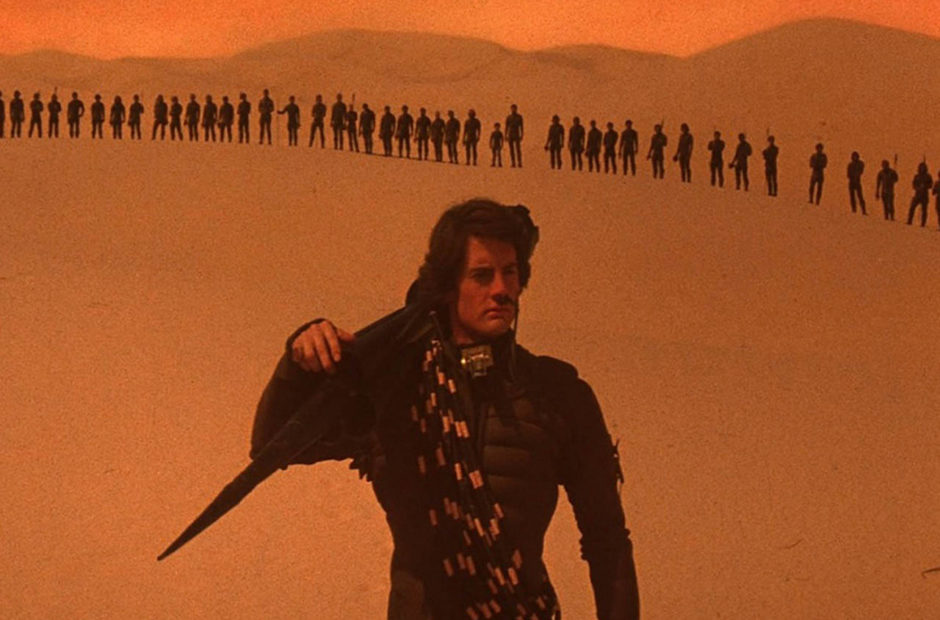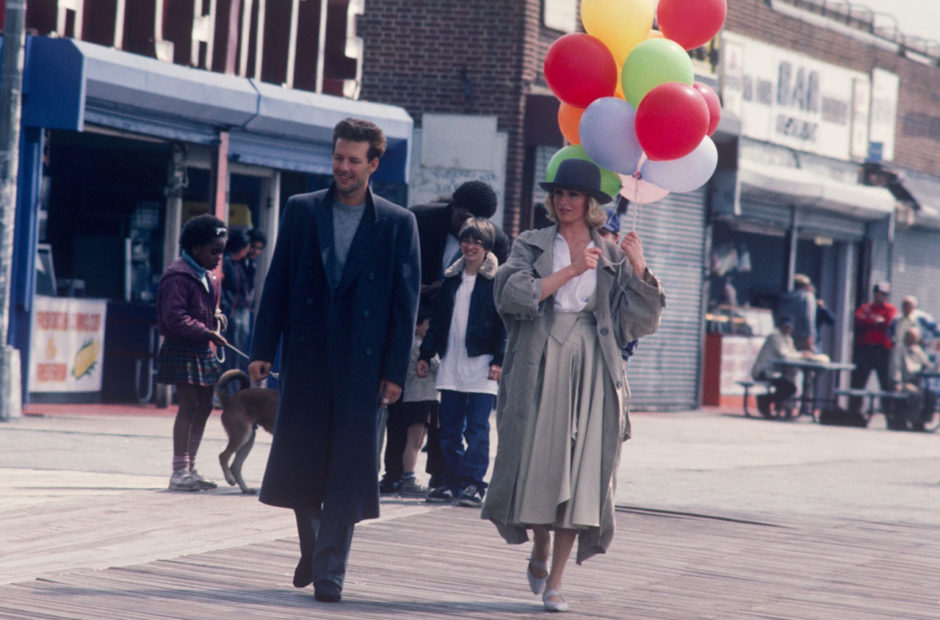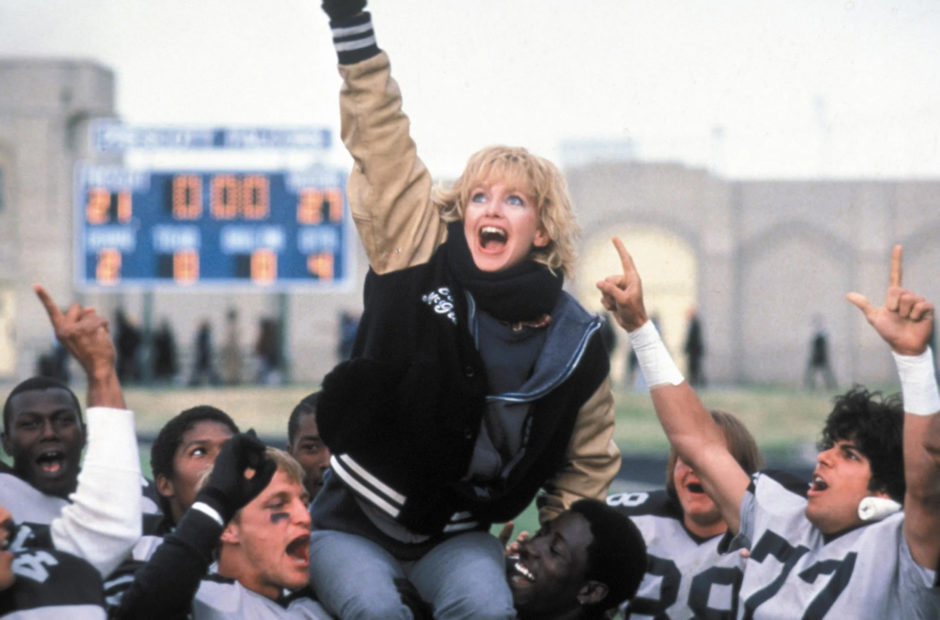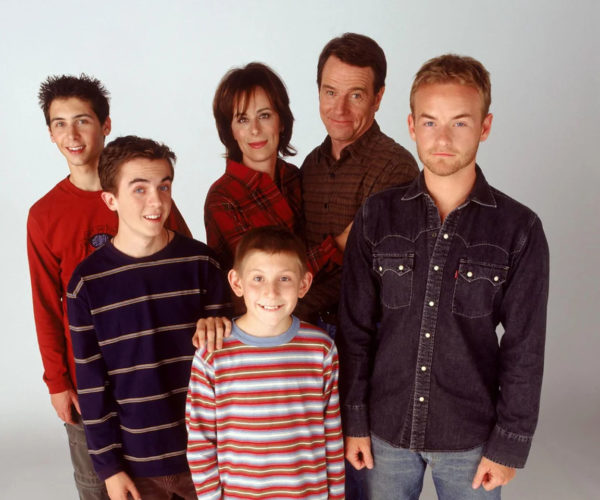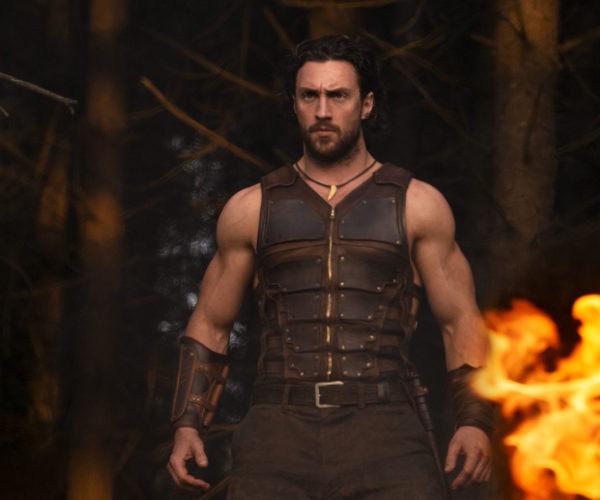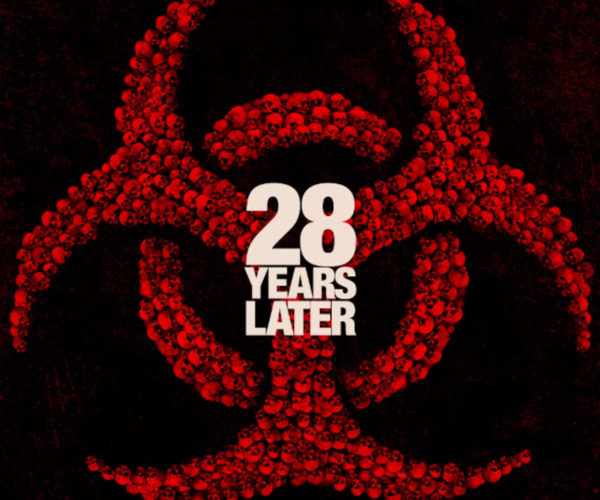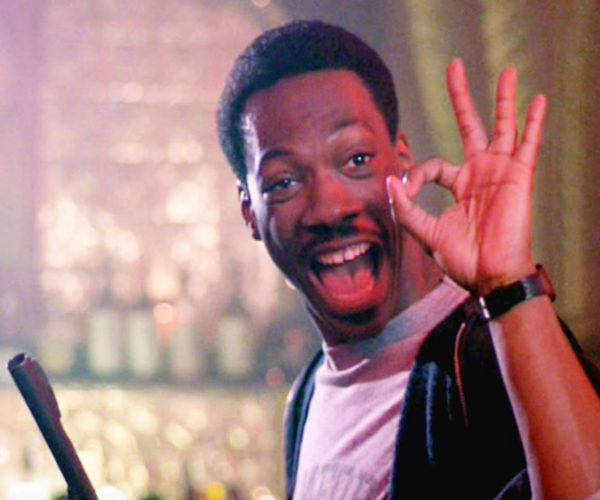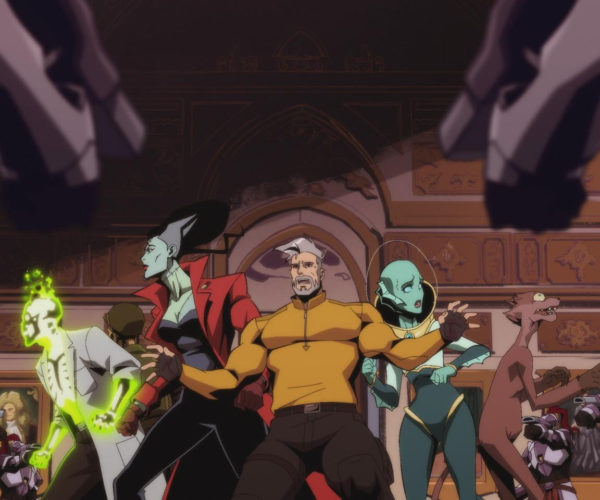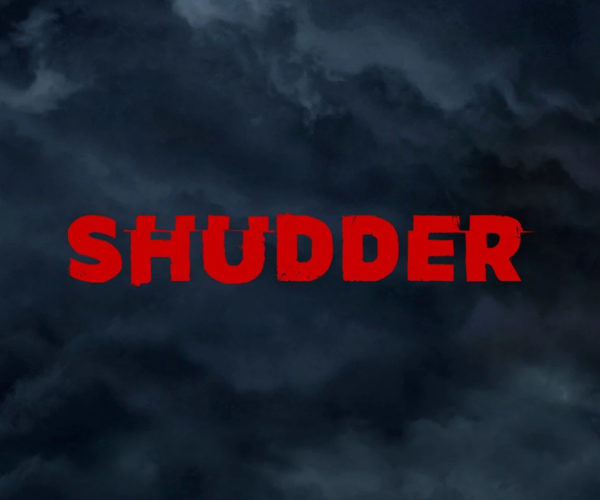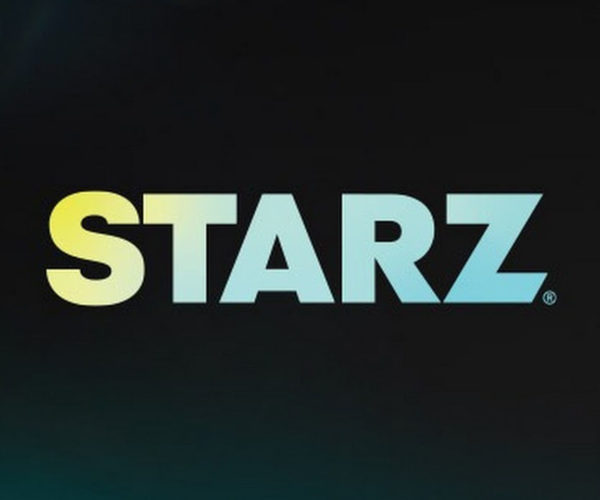Welcome to an exciting year-long project here at The Nerdy. 1984 was an exciting year for films giving us a lot of films that would go on to be beloved favorites and cult classics. Imagine a world where This is Spinal Tap and Repo Man hit theaters on the same day. That is the world of 1984.
We’re going to pick and choose which movies we hit, but right now the list stands at nearly three dozen.
Yes, we’re insane, but 1984 was that great of a year for film.
The articles will come out on the same day the films hit theaters in 1984 so that it is their true 40th anniversaries. All films are also watched again for the purposes of these reviews and are not being done from memory.
This time around it’s Dec. 14, 1984, and we’re off to see 1984, The Cotton Club, Dune, Mass Appeal, A Passage to India, Runaway, and Starman.
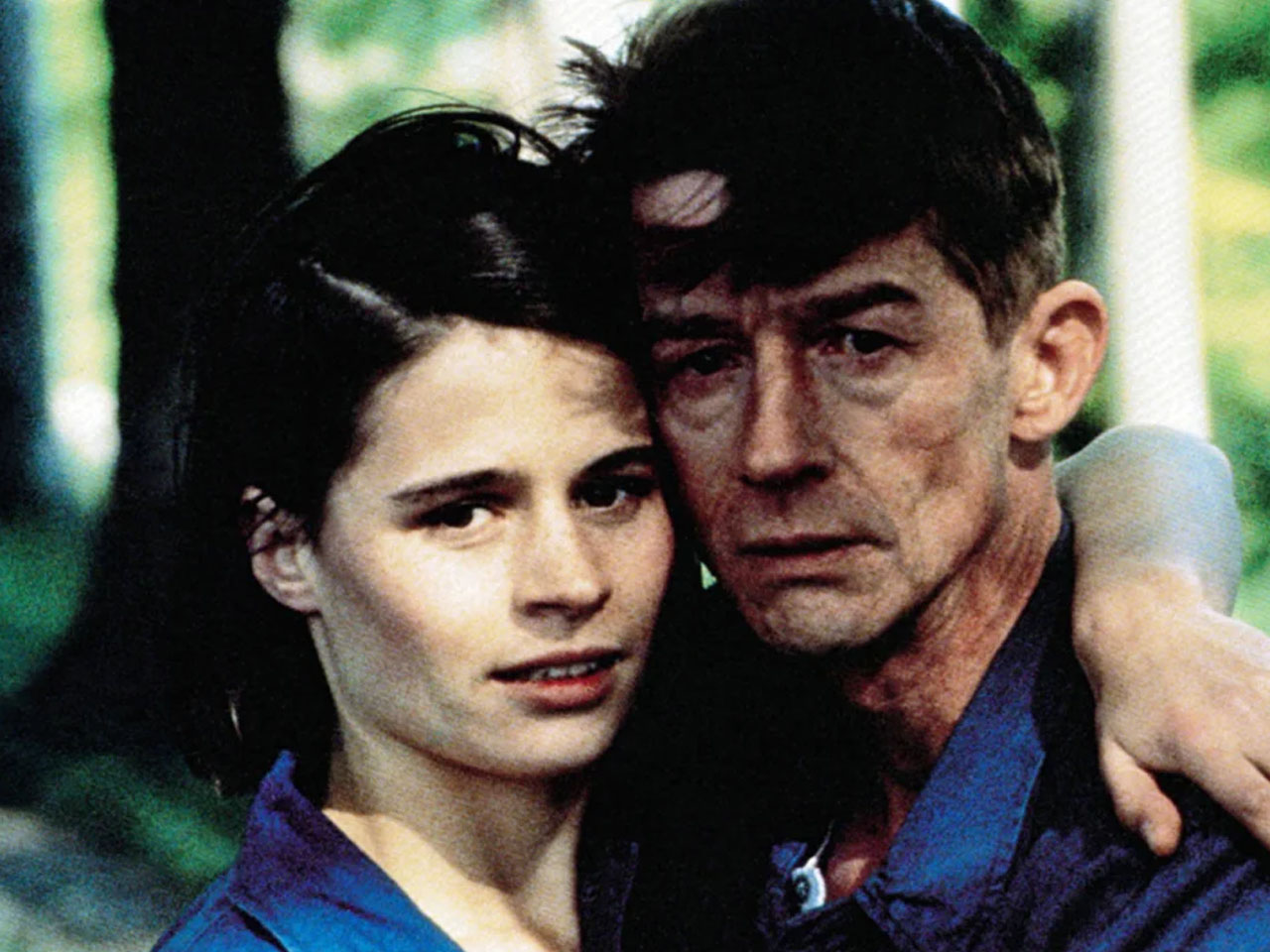
1984
I think the most surprising thing about this film is that it didn’t come out even earlier in the year.
Based on George Orwell’s classic novel, the film follows Winston (John Hurt) who lives in a communist nation named Oceania. While others follow the Inner Party, Winston has begun having thoughts about the ways in which his country is lying to him and others to keep them under control. He eventually meets Julia (Suzanna Hamilton) who has radical ideas of her own and they begin a secret relationship. As with any society that watches your every move, nothing stays secret for long and they are found out which leads to their reeducation and eventual breakdowns of their wills.
The film is good on its own, and is worth a watch, but it certainly misses some of the nuances from the book. But when it’s potentially one of the most important literary works of the 20th century, it’s difficult to try to capture all of that in a two-hour film.
The film is worth a watch, depressing as it may be, but the book is the better option if you want to get the full experience.
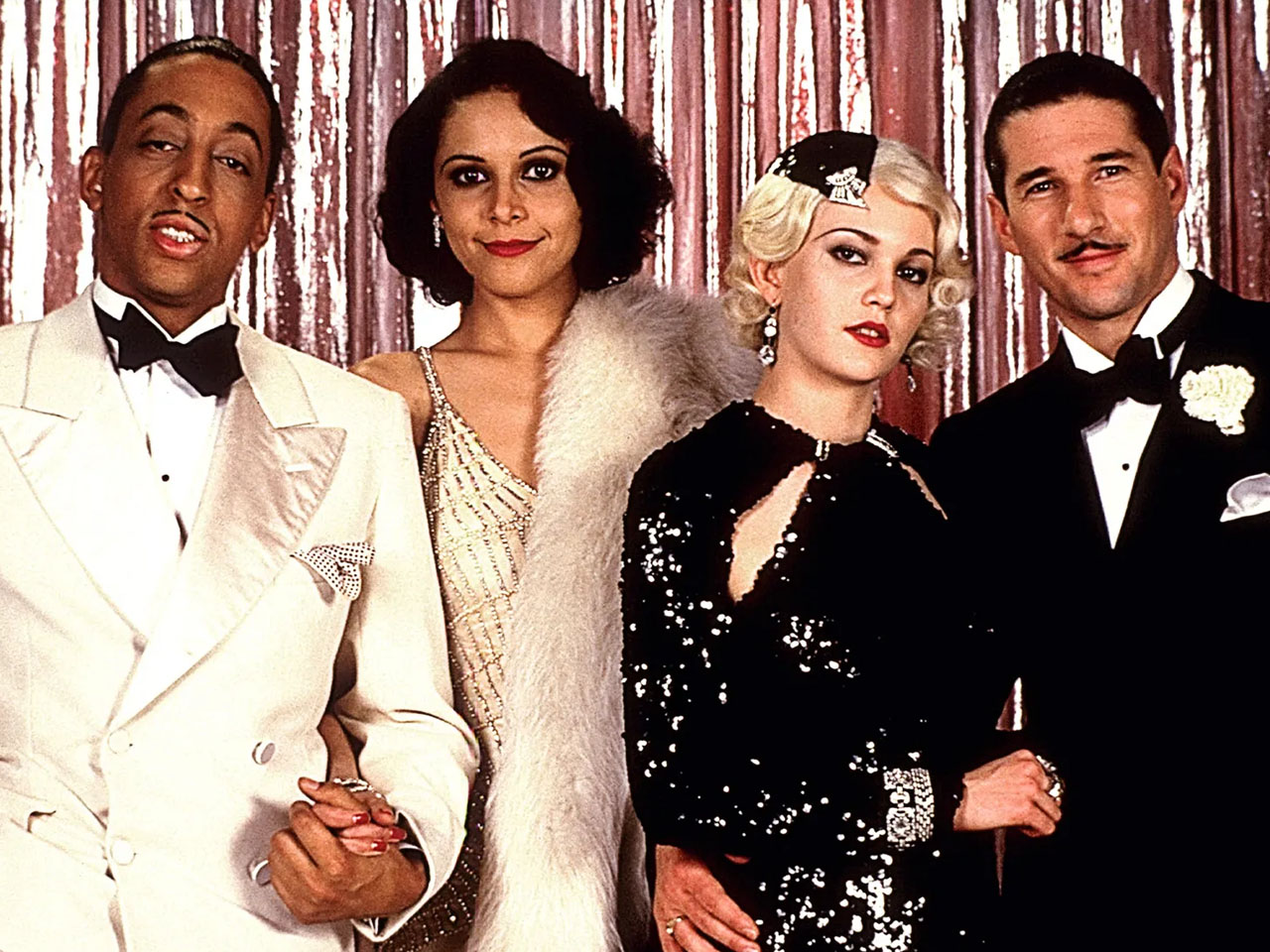
The Cotton Club
From what I’ve read of the production of this film, it’s surprising someone hasn’t turned that into a film as of yet.
The Cotton Club follows the lives of multiple fictional characters who lived and worked around the club. Dixie Dwyer (Ricard Gere) and Sandman (Gregory Hines) are the main ones as they survive the gangster-ridden time they live in, as well as things such as racism and the contradictions of how black people could work in the club, but not patronize it.
The film is a visual treat filled with great performances across the board, but the script is lacking in so many ways. There is an endless stream of gangsters coming up with plots against one another, which is understandable for the time, but it takes away so much time with the characters and their development. It ends up getting bogged down by this, and even when all is said and done you aren’t sure you’ve seen anyone enjoy a full arc of a story.
It’s worth watching for the positives, but just go in realizing you’re going to be coming out with a lot of fluff as well.
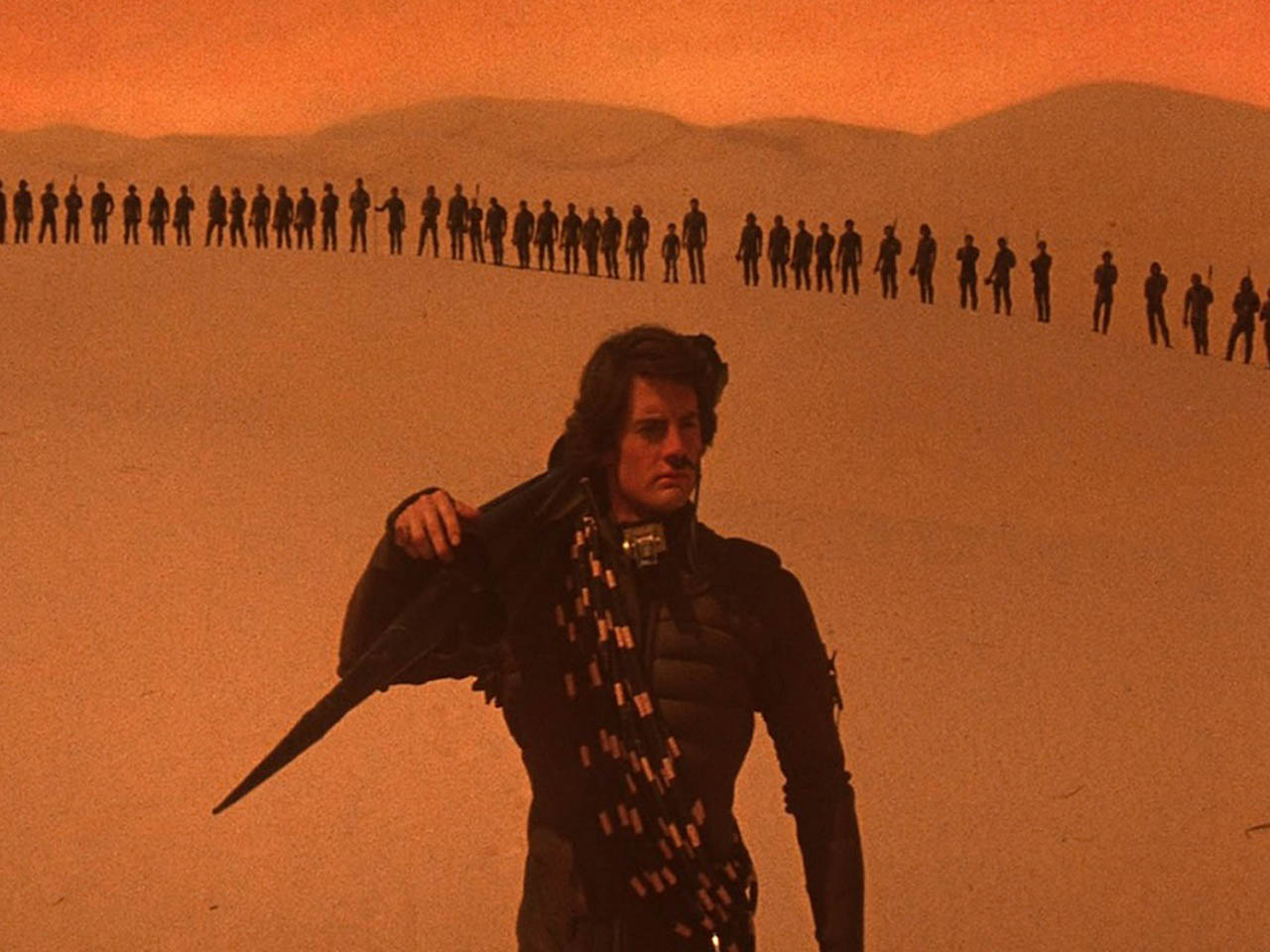
Dune
by Eric Frederiksen
This review originally ran in 2019, prior to the new films.
At its core, Dune is about the oil conflict in the Middle East and the clash of western interests and Middle Eastern religion that come from that. It sounds like an easy story to tell, right? But Frank Herbert’s story layered on ideas about the future of machines and computers, the possibilities of human evolution in a far-flung sci-fi story. The result is a story that many fans claim is unfilmable.
Depending on your perspective, David Lynch’s Dune is either a visionary take on a legendary sci-fi story or proof that Dune is indeed unfilmable. After an ambitious but aborted attempt by Alejandro Jodorowsky to turn the film into a psychedelic Christian story, the tale ended up in the hands of another filmmaker known for weird, visually-stunning movies.
Lynch’s take is definitely weird and definitively Lynch. It tries to capture the tone of the books more than the exact story, and certain things are left out or changed. The “weirding” martial art is turned into a sci-fi shouting gun, for example. The Mentats have absurd eyebrows, and Lynch’s unique scene lighting is everywhere. But with all that weirdness came iconic set design that stands up 35 years later and a cast that is every bit as legendary as the one being assembled for the upcoming Denis Villenueve-directed take on the story; Kyle MacLachlan, Patrick Stewart, Sting, Sean Young and Max Von Sydow are accompanied by Lynch stalwarts like Everett McGill and Jack Nance.
Dune is a flawed movie, to be sure. It’s long and has serious lulls. That’s tough to avoid when your source material spends half its time in characters’ heads. But Lynch managed to give some true vision to a deservedly legendary sci-fi story, and the result is a film that I still enjoy watching even today.
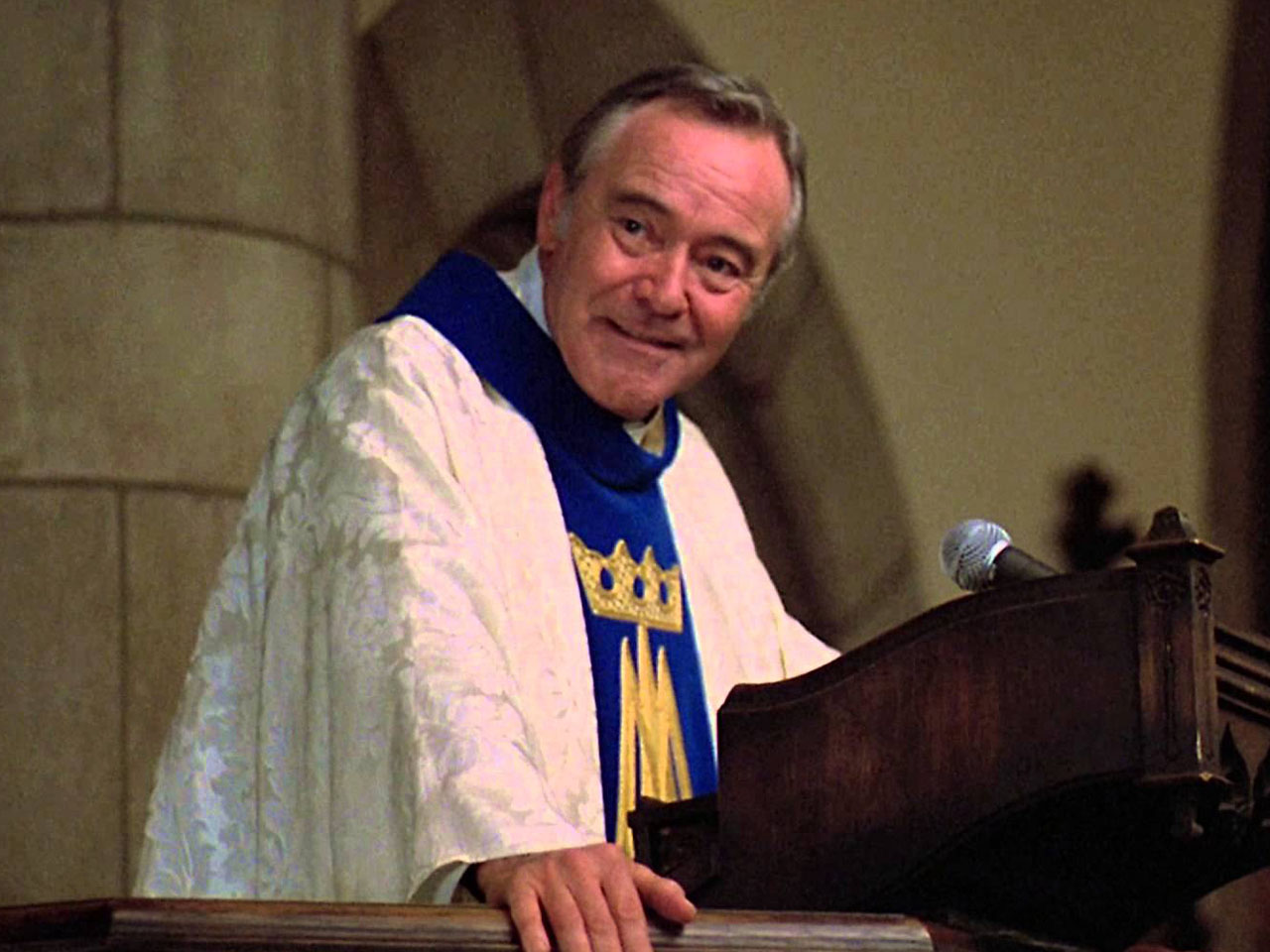
Mass Appeal
I love Jack Lemmon, but somehow this movie has never once come up in a discussion of him and I’m not quite sure why.
Father Tim Farley (Lemmon) is a popular Catholic priest in his parish, but he isn’t so popular with the higher ups in the Catholic church. When a rebellious new Deacon, Mark (Željko Ivanek), is need of some training and getting rid of some of his wilder questions, the two are paired up. But what Father Farley doesn’t know is the secret Mark is withholding from his past, and what impact it will have on his present.
This film is out-of-print and not available to purchase or stream digitally either. Considering the topic takes on the idea of LGBT men in the priesthood pretty directly, and points to a position that a vow of celibacy is still a vow of celibacy, it was pretty progressive for it’s time.
Lemmon is a bit more dramatic here than you normally see him, and it works. Yes, he still has some of his trademark line deliveries, but this is not his standard fare.
A must for fans of Lemmon, and an oddity for everyone else based on the topic and when it was released.
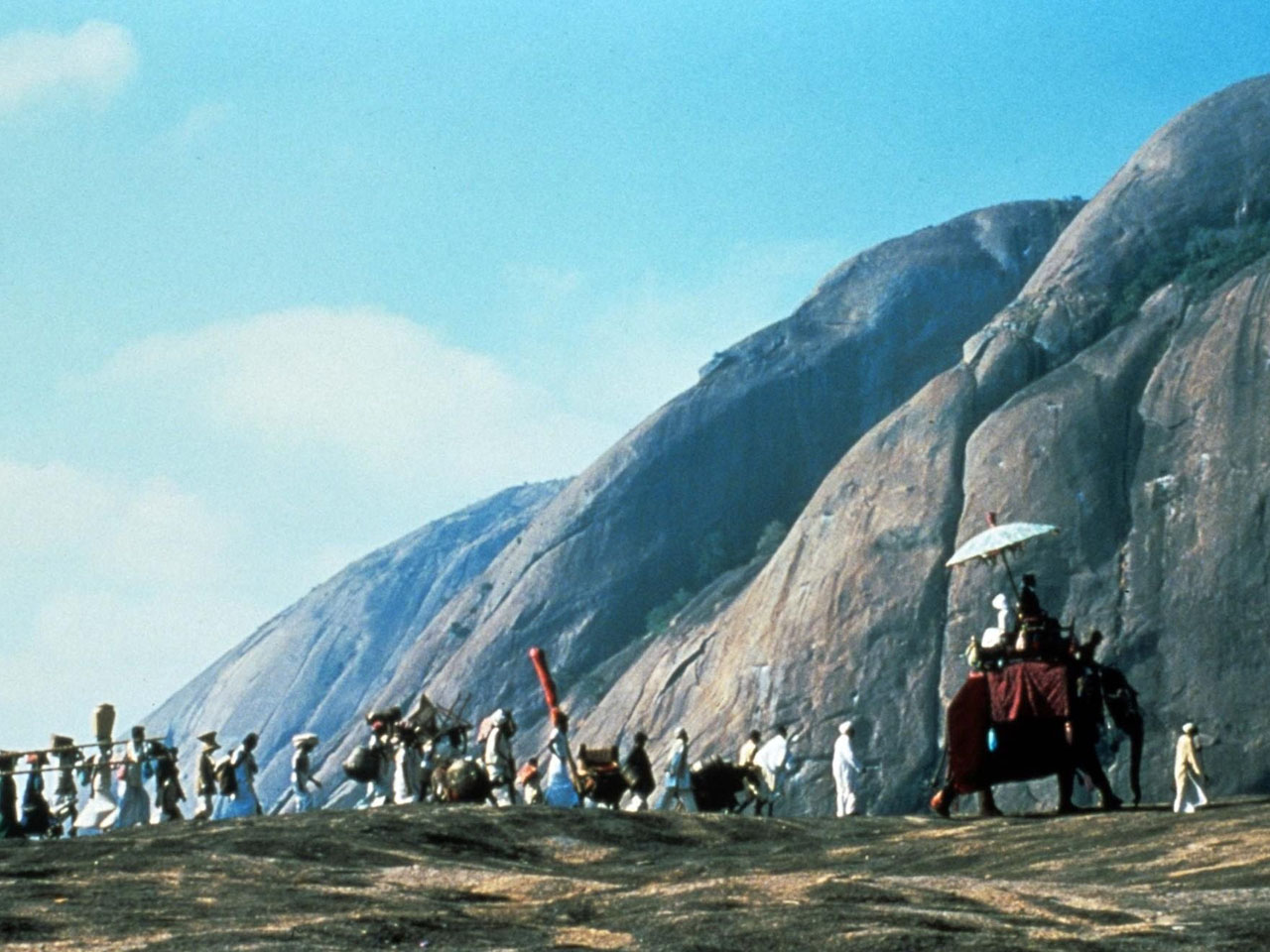
A Passage to India
David Lean unquestionably knew how to direct a movie, and while A Passage to India was his last time doing so, he clearly had not lost a step.
Adela Quested (Judy Davis) heads to British Raj India with Mrs. Moore (Peggy Ashcroft), her future mother-in-law, to visit with her fiancee. When the women arrive, they are disappointed by the separation between the Inditan and British communities and they desperately want to experience Indian culture.
They finally do spend some time with one man in particular, and things do not go as expected.
Seeing as this film is directed by the same person who was behind the camera for films such as Lawrence of Arabia and The Bridge on the River Kwai, you know you are getting a sumptuous film. What I did find lacking wa sa bit more detail about Quested’s story arc. Something felt incredibly lacking in her story, and seeing as it’s the main driver of the film, it makes the whole film seem lacking.
It’s a gorgeous film, but the story feels so close to working, but just never quite got there for me.
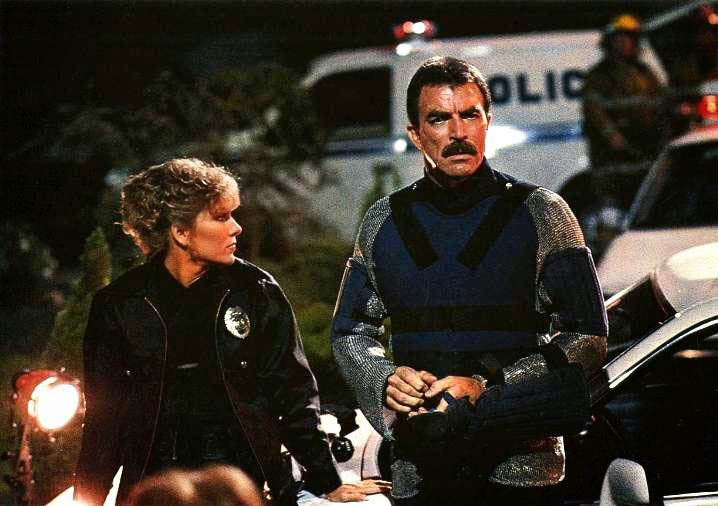
Runaway
(This review was originally published in 2019 when I first got this idea for the project. I watched the film again in 2024, and portions of the review have been updated.)
Runaway is one of those films that really shouldn’t work but somehow its earnest attempts at trying to be good somehow make it charming.
Written and directed by Michael Crichton – yes, the man behind the original Jurassic Park novel – we’re sometime in the near future, and suddenly, everyone has robots. And I mean everyone. As a matter of fact, there are so many of them that the Los Angeles Police Department has added a Runaway division tasked with stopping robots that have gone off programming.
Sgt. Jack R. Ramsay (Tom Selleck) gets entangled in a mystery where robots are now killing. Eventually, he and his partner Karen Thompson (Cynthia Rhodes) end up in a game of cat and mouse with Dr. Charles Luther (Gene Simmons), the man behind the chip that is making robots kill.
In total, it’s a pretty straightforward cops and robbers movie with a dash of sci-fi on top until… the psychic shows up?
Ramsay is trying to investigate, and when it’s not going fast enough he is ordered to consult the police psychic. She holds on to a special bullet Luther uses and gives Ramsay a reading, which he is annoyed with. It is truly one of the most random things I can remember happening in a movie. There is no build-up to it, and it’s never mentioned again. Essentially if you believe in the robots, Crichton thought you would be okay with ‘random psychic’ as well. (During my 2024 viewing, I again went, “What is this scene?!?” while watching it. It makes absolutely no sense and makes me wonder if a subplot was cut.)
It’s not a classic by any means, but it can be a fun popcorn watch.
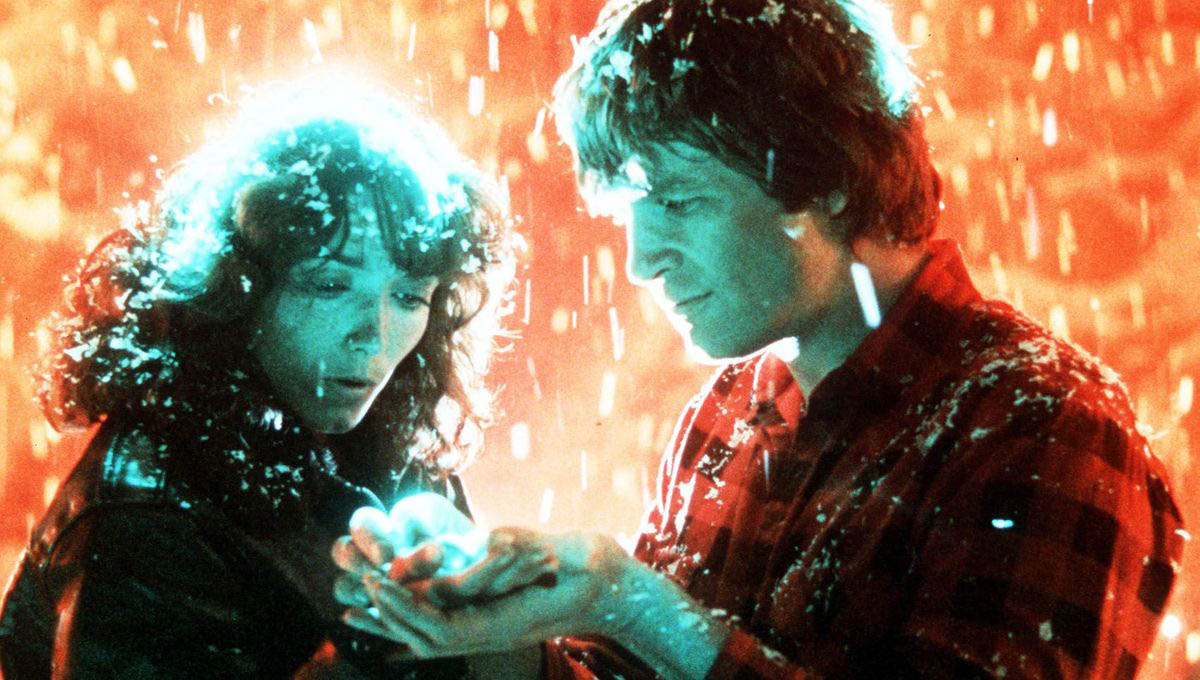
Starman
(This review was originally published in 2019 when I first got this idea for the project. I watched the film again in 2024, and portions of the review have been updated.)
This is one of those movies that people seem perplexed when you ask them if they’ve seen it. They’ve heard of it, maybe just in passing, but they have some vague familiarity with the name but probably have never seen it.
I saw it in the theater and absolutely loved it.
At its core, Starman is your average “I fell in love with a stranger” style story. Scott/Starman (Jeff Bridges) really could have been from anywhere were it not for his extra abilities. In this case, he just happens to be that he is from another planter that encountered the U.S. space probe Voyager II. (which makes… no sense when you do the math of space travel, but you live with it)
But this is a film where you just don’t care. Bridges turns in one of his best performances in my opinion. His physicality, line delivery, and emotion are just superb. And he’s equally matched by Karen Allen (Raiders of the Lost Ark) as Jenny Hayden.
Starman is a sweet, timeless love story that holds up remarkably well 40 years later. And it’s so off his usual path your mind may bend a little when you realize John Carpenter directed it.
Highly recommended and a joy every time I watch it.
1984 Movie Reviews will return on Dec. 21 with The Flamingo Kid, Johnny Dangerously, Micki & Maude, and Protocol!
